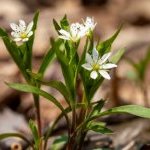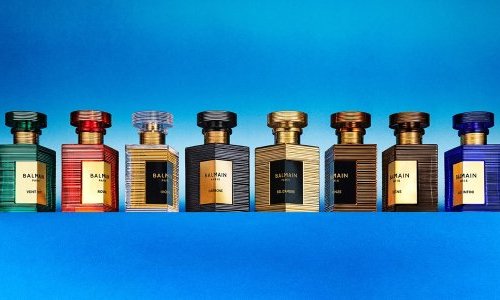CycloRetin, Clariant’s alternative to conventional retinol and bakuchiol, is a prince ginseng-derived material. Cultivated in China, this adaptogenic plant is used in traditional medicine. It is the only plant known to produce heterophyllin B, a peptide with a cyclic structure that gives it a high bioactivity, stability, and increased performance.
Activation of the retinoid pathway
According to Clariant, CycloRetin increases the level of retinol conversion enzymes and retinol receptor in cells, to optimize retinoid pathway homeostasis, for a better use of intra-cellular retinol.
"By optimizing the use of intracellular retinol by the cell, CycloRetin does not trigger irritation reactions as externally applied retinol does," Clariant claims.
Reinforced skin structure and barrier function
In vitro studies have demonstrated the ability of CycloRetin to boosts fibroblasts’ biological functions, and to reactivate the expression of genes responsible for collagen and elastin production.
Furthermore, CycloRetin also reinforces the epidermis structure by activating genes implied in skin barrier function and hydration.
A clinical study also showed that CycloRetin acts faster than retinol in reducing wrinkles.
Eventually, two clinical studies were conducted to demonstrate the efficacy of CycloRetin vs. placebo and vs. bakuchiol. The new active ingredient outperformed bakuchiol on sagging and had similar effects on skin firmness, and skin luminosity.
"While exploring the benefits of cyclic peptides in our lab we discovered prince ginseng’s outstanding potential to restart the skin matrix production cycle. Highly effective even at low concentrations, peptides play a crucial role in supporting youthful skin appearance," concludes Julie Droux, Global Technical Marketing Manager for Actives and Natural Origins at Clariant.
|
Read more in our special issue “Cosmetic Ingredients – April 2024” |
































